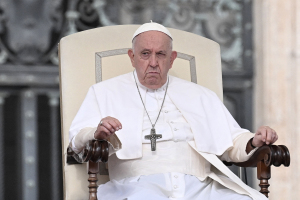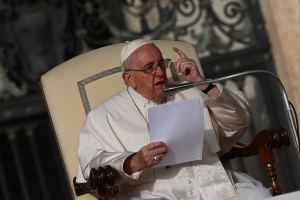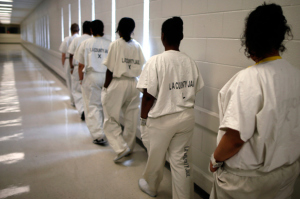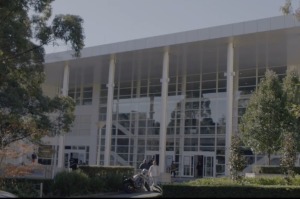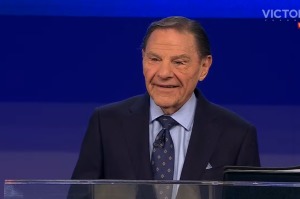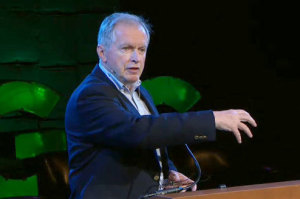Roadside Crosses Draw Ire of Atheist Groups
Two years ago, a tragedy struck a Southern California family. 19 year-old Anthony Vincent Devaney was hit by a vehicle and was killed as he crossed a street near a freeway exit ramp in Lake Elsinore.
Several months later, his mother, Ann Marie, stuck wooden crosses on the side of the road near the spot where he died, as way of honoring Anthony's memory. We've all seen similar memorials. They're as common-place as road signs, scattered alongside our streets and highways, reminding us of lives lost due to car accidents and of our duty to drive safely.
For Ann Marie Devaney, this memorial is a simple gesture of love.
But when this memorial came to attention of the American Humanist Association, they reacted with an atheistic version of road rage. Contacting the various city officials and threatening a lawsuit, they demanded the crosses be removed "immediately" from the right-of-way.
Lake Elsinore took the threat seriously. The group's demand letter came a week after a U.S. District Court judge ruled in favor of a legal challenge brought by AHA against Lake Elsinore's proposed veterans memorial. The initial plans for the monument depicted a soldier kneeling in front of crosses and Stars of David.
Unwilling to risk another defeat, the city buckled, and asked the family to remove their crosses from that meaningful place.
Though the city failed them, fellow citizens did not. Where the two crosses were removed, even more have sprung up in their place, put there by others who understand their constitutional rights and want to support this family they don't know personally during their time of grief.
For their part, and as way of consolation, Lake Elsinore did offer the family a more permanent memorial. A few weeks after the roadside crosses came down, a tree was planted and a plaque was installed in a local park, paid for by the city. The plaque makes no mention of religion.
And this is an important distinction. Apparently, AHA doesn't have a beef with anyone remembering Anthony; the issue is remembering him with a cross, a symbol linked to the Christian faith.
There are other types of roadside memorials, like the trendy "ghost bike," consisting of an old bicycle painted white, placed and chained in spot where a cyclist has died, informing all who see it that the deceased was a cyclist. AHA does not have an on-going campaign to remove ghost bikes. They only want to eliminate the cross.
The roadside cross, at least for some, indicates that the person who died there was a Christian. This was true of Anthony Devaney. But if someone can be remembered as a cyclist, why can't Anthony be remembered as a Christian? "It's so petty and sad that they have to complain over removing a cross," said Ann Marie Devaney, while on site to remove the crosses memorializing her son's death. "It's his personal preference that he was a Christian. What's wrong with having a cross up?"
Indeed, what is wrong with having a cross up? Because crosses are universally associated with honoring the dead, an atheist or some other potential objector is not deprived of any right by merely noticing its presence-even assuming a driver can observe it via peripheral vision while travelling 70 miles per hour. This is particularly true when the cross is purchased and placed by a private citizen, like Ann Marie Devaney, because the speech is her own, and not that of the government.
It appears our friends at AHA are cross phobes. What the American Humanist Association and their ilk are trying to do-with some success-is purge all reminders of faith from public view.
As Christians, we must be vigilant and stand up to these cross bullies, encouraging our city leaders to do the same. Like everyone else, Christians have a rightful place in the public square. We retain the freedom to live-and to die-as Christians.
















